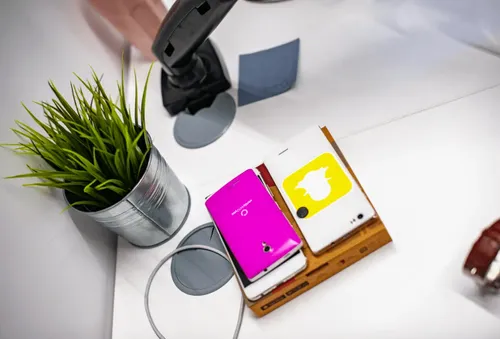Requirements analysis
Before we start, we would like to identify your needs and ideas. Dev and Deliver experts determine what technological and visual solutions will best meet your requirements and generate all possible options. We can call such an analysis a creative workshop. Thanks to it, we will be able to familiarize with your brand and the services it provides.
Together with the client, we define the functionality of our mobile application. Based on the information provided, we prepare a proposal for you which includes an initial cost estimation and an action plan. This is where we decide on what it is going to be - a native mobile, or maybe a webb application? Will it be iOS and Adroid, or maybe just one of the two? We make a plan on the mobile development, think if it's going to be a hybrid mobile, what kind of front-end are we going for, and what development tools to use. This lays the foundation for future development environment. Then, we decide the team members and assign a Project Manager who will be responsible for the software development from the start till the end.
UX prototyping
Before we start, we would like to identify your needs and ideas. Dev and Deliver experts determine what technological and visual solutions will best meet your requirements and generate all possible options. We can call such an analysis a creative workshop. Thanks to it, we will be able to familiarize with your brand and the services it provides.
Together with the client, we define the functionality of our mobile application. Based on the information provided, we prepare a proposal for you which includes an initial cost estimation and an action plan. Then, we decide the team members and assign a Project Manager who will be responsible for the software development from the start till the end.
UI design & style guide
During the second phase, our UX/UI designers provide a visual representation of your future app in form of clickable prototype in which the most important functions are shown. It’s a time for usability testing and corrections. Thanks to this, we will be able to ensure that the application meets the expectations set for it, and together we can create a great-quality product.
Mobile development & testing
At this stage, our frontend developers begin implementing the styles and functionality of your app. As they are completed, they are assigned back to the Project Manager or QA testers for technical and visual review.
Meanwhile, depending on the requirements of the project, our backend developers provide data to your app from a database using mainly Node.js or Firebase.
Launch & deployment
When your mobile solution is ready, we will deploy it and handle a tricky part of the app submission process. However, the journey of your digital product doesn’t end at launch, it only begins. Having a team like Dev and Deliver to continue to support the product long-term and determine how to improve it over time is the difference between a successful product and one that quickly fades away.
